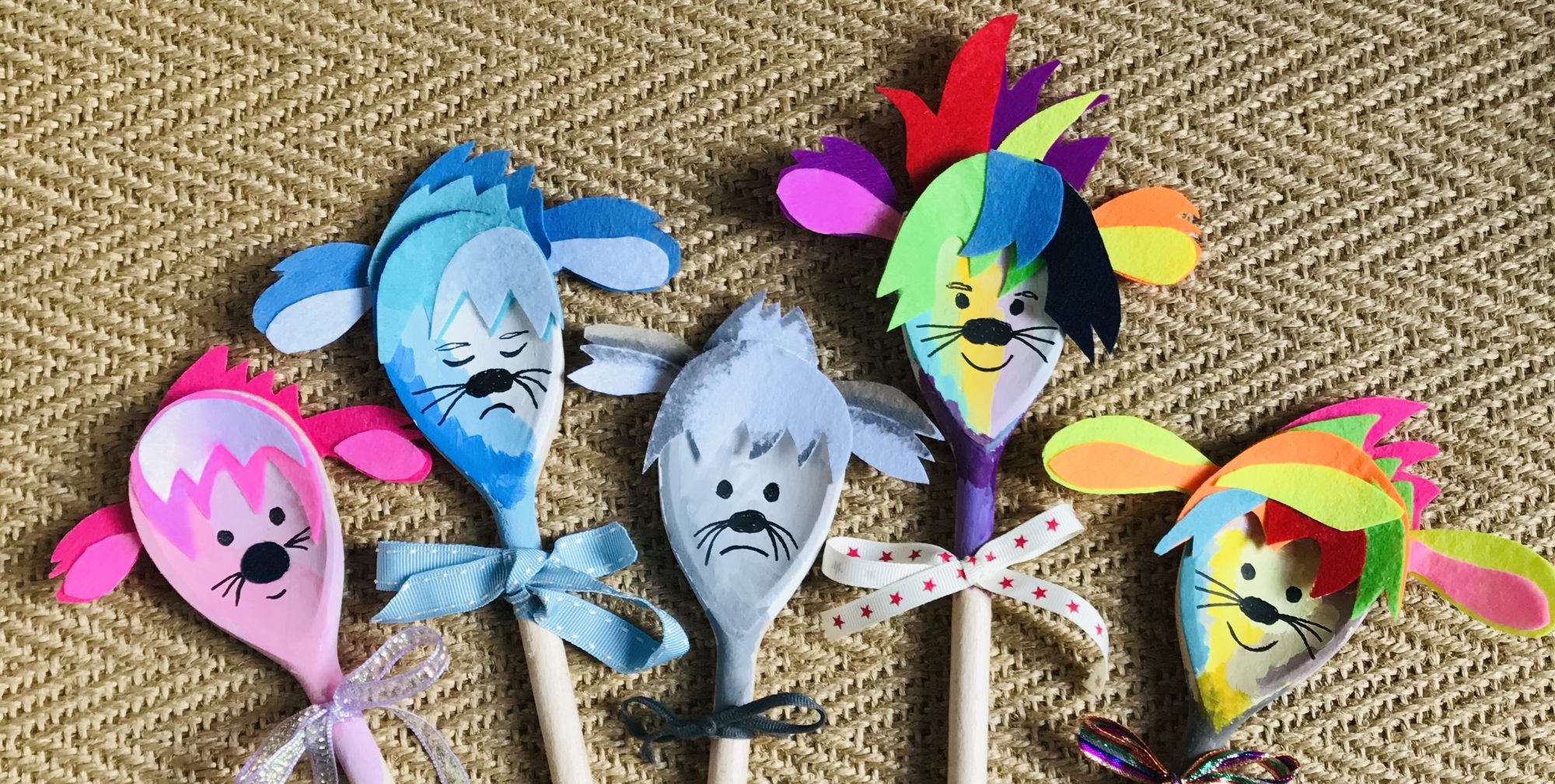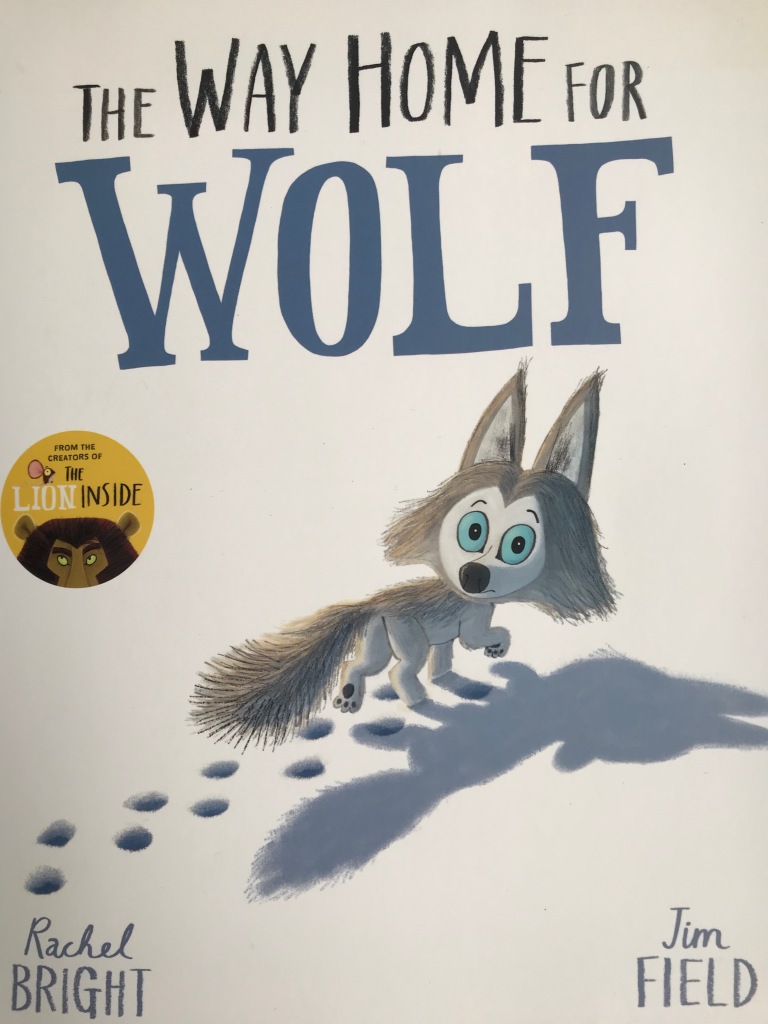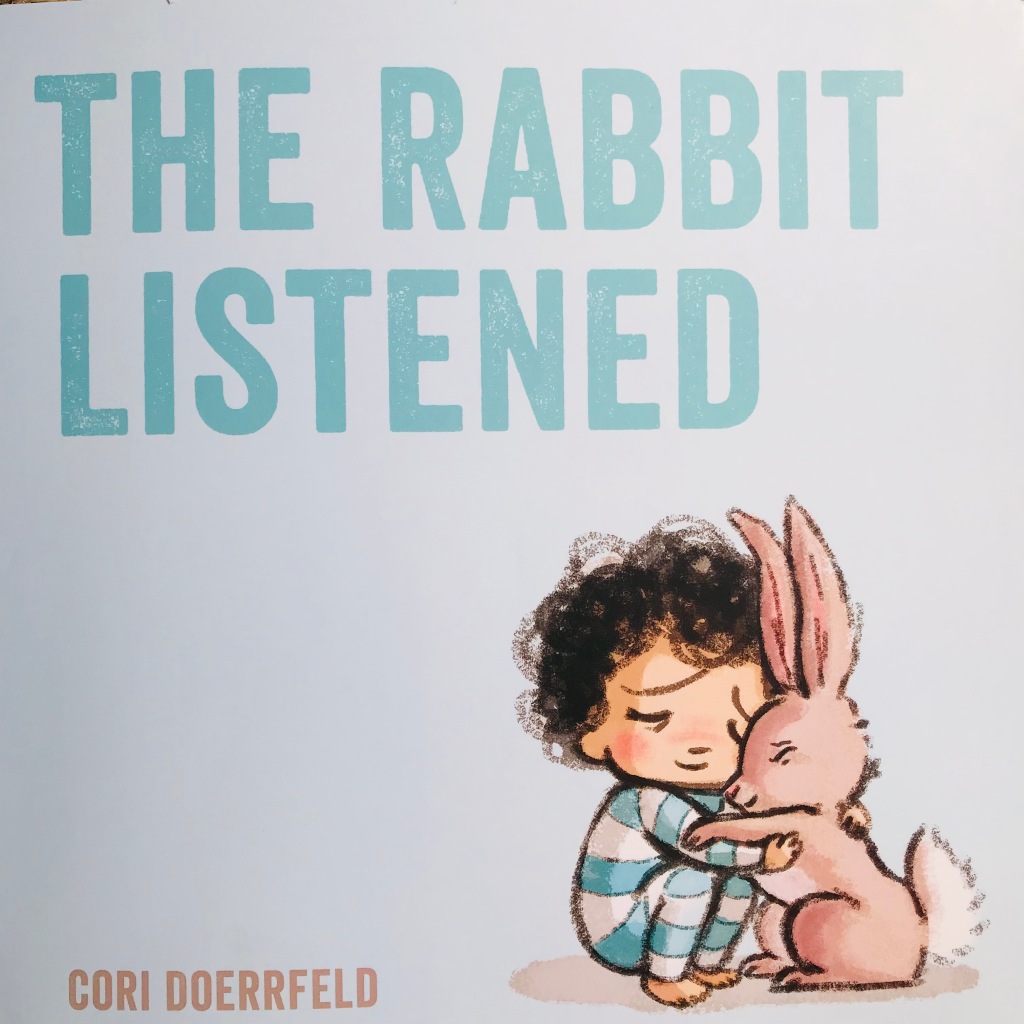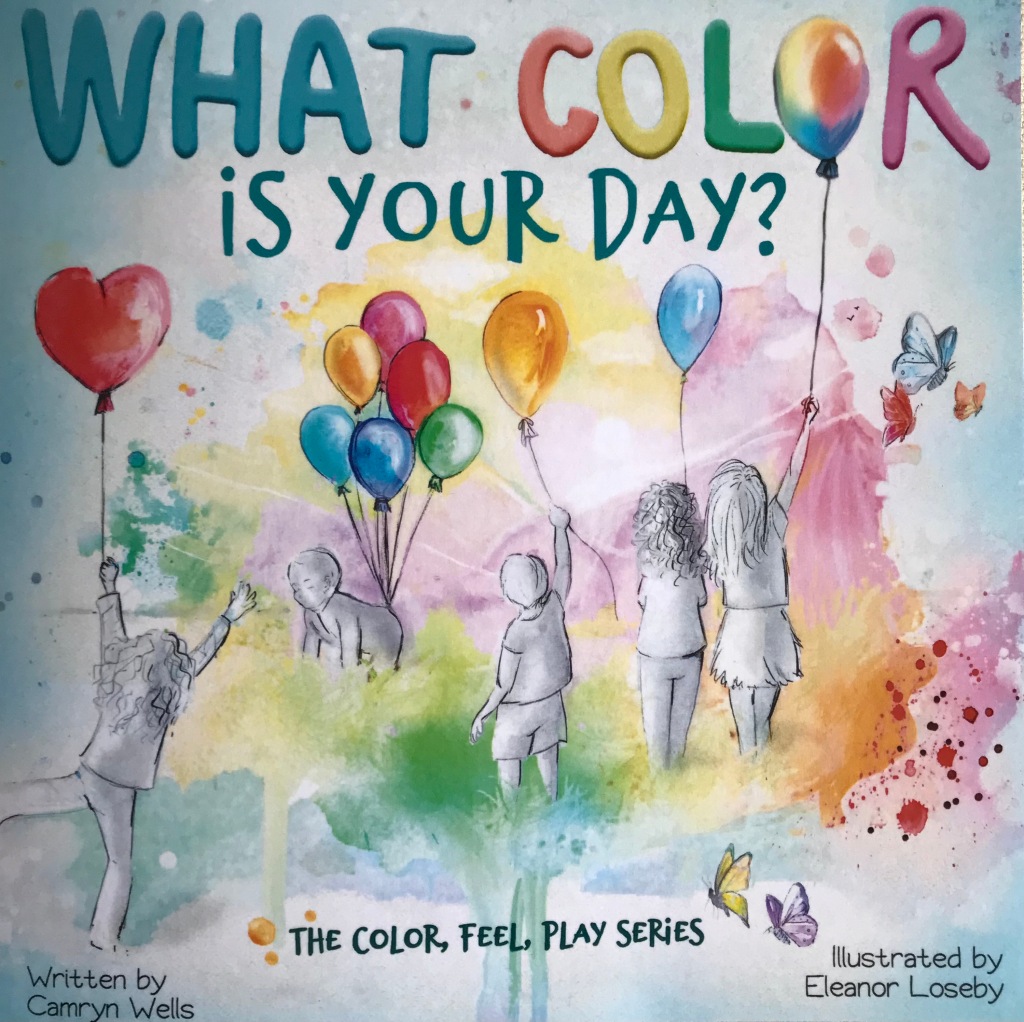For Anti Bullying Week we are re-sharing the review of one of our favourite books!
In therapeutic parenting sessions, many adoptive parents and carers over the years have told me about how difficult it is for their child to make or keep friends. They speak of their sadness for their child never being invited for play dates or to birthday parties.
I often work with schools as part of the therapy plan, to help them think about how to support friendships for their looked after and adopted children. This regularly involves a lot of structuring of playtimes and lunchtimes and building up the circle of friends for the child slowly. Play skills can easily be taken for granted but are often so hard to grasp for children who have been traumatised. Putting in the work to help these children develop even one caring friendship can be life changing for them.
click to read more










